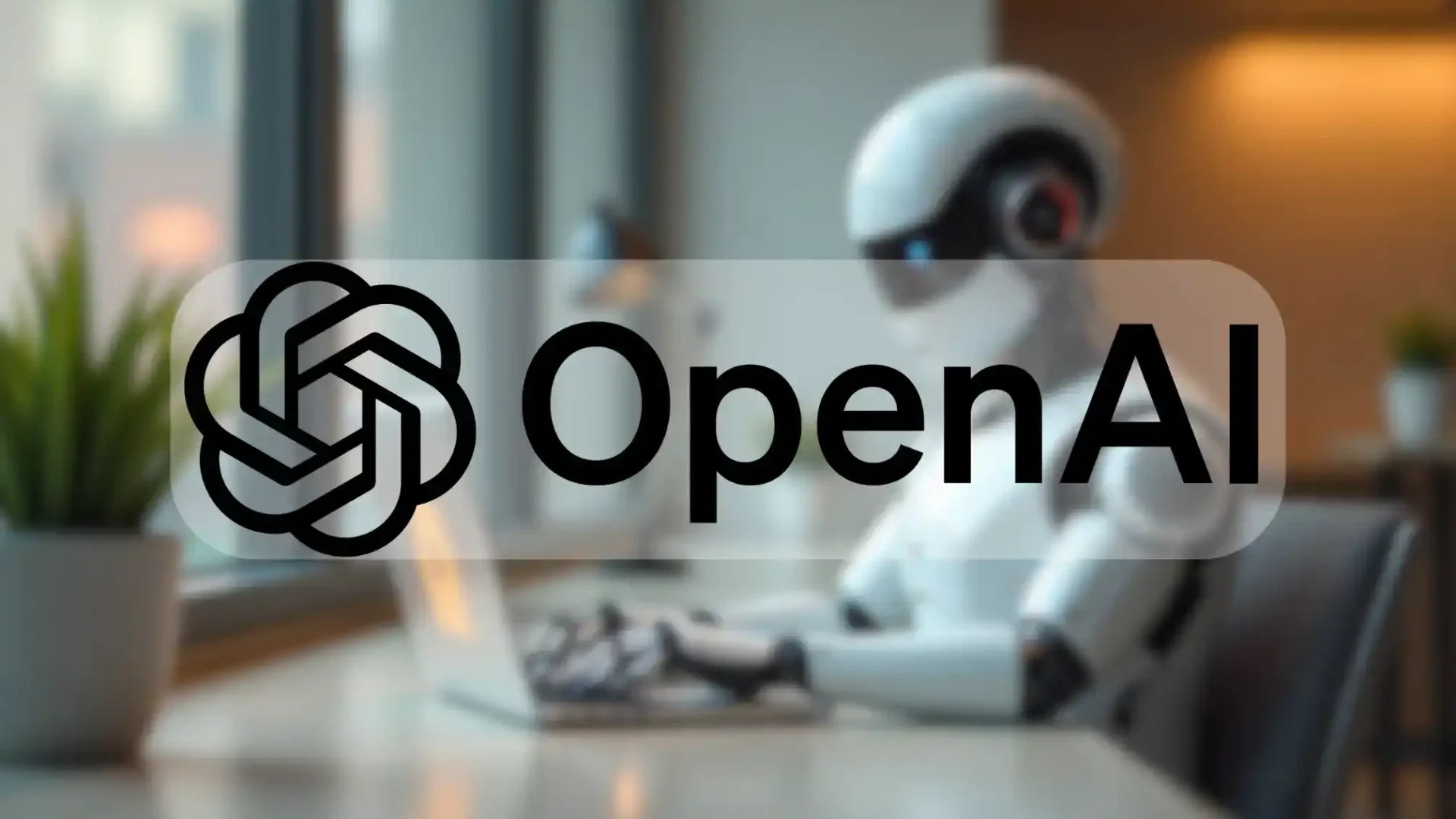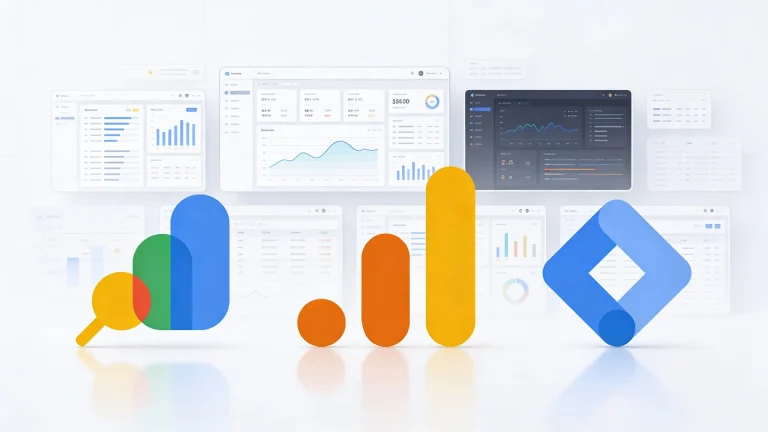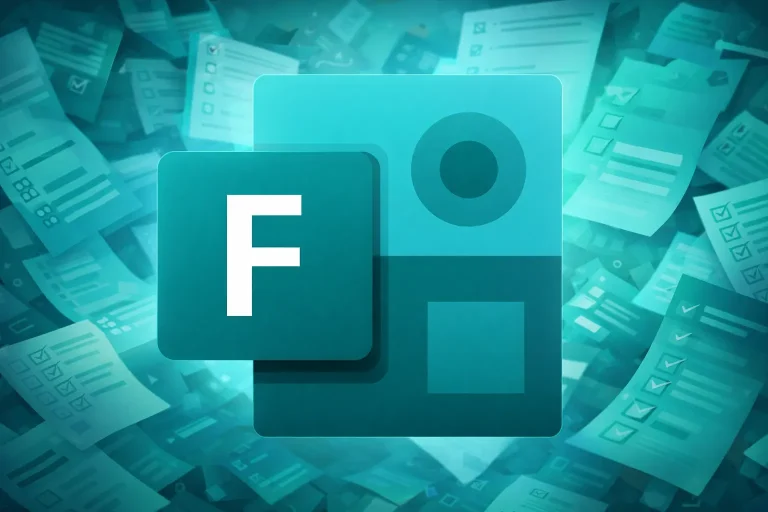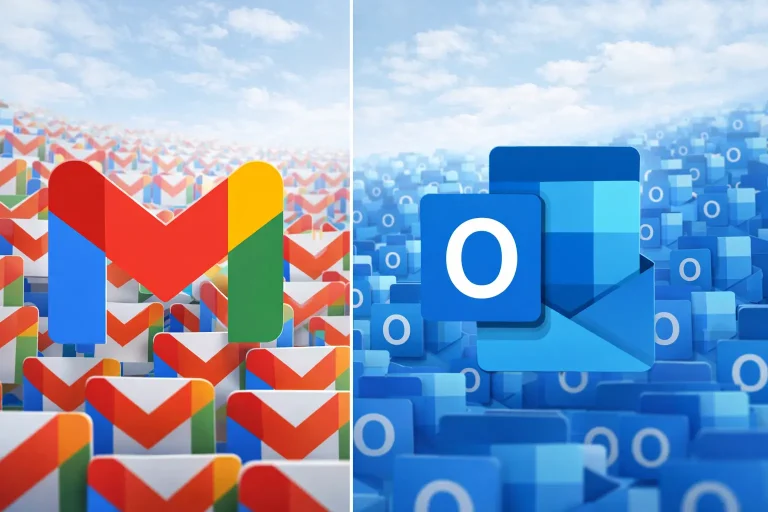Until recently, talking to a chatbot was primarily associated with customer service or quickly getting answers to simple questions. Today, we're entering a completely new phase – ChatGPT is becoming not only an advisor, but also a place where you can complete your purchase from start to finish. Thanks to this feature, Instant Checkout the user no longer needs to go to the store website: simply ask for a recommendation, choose a product and pay – all in one conversation.
Behind the scenes there is an open standard Agentic Commerce Protocol (ACP) and payment tokenization, developed in partnership with Stripe. These solutions allow secure transaction authorization without disclosing card details, while leaving the merchant in full control of the order, taxes, shipping, and returns. In practice, this translates into a shorter purchase path, fewer abandoned carts, and an entirely new sales channel – conversational commerce.
While the feature is currently only available in the US and with select retailers, its potential is generating tremendous interest in the industry. There's even talk of the coming era AIO (Artificial Intelligence Optimization)in which strategies SEO will be complemented by adapting content and product data to conversational algorithms. This isn't just a technical innovation, but a change that could transform the way customers search for and purchase products online.
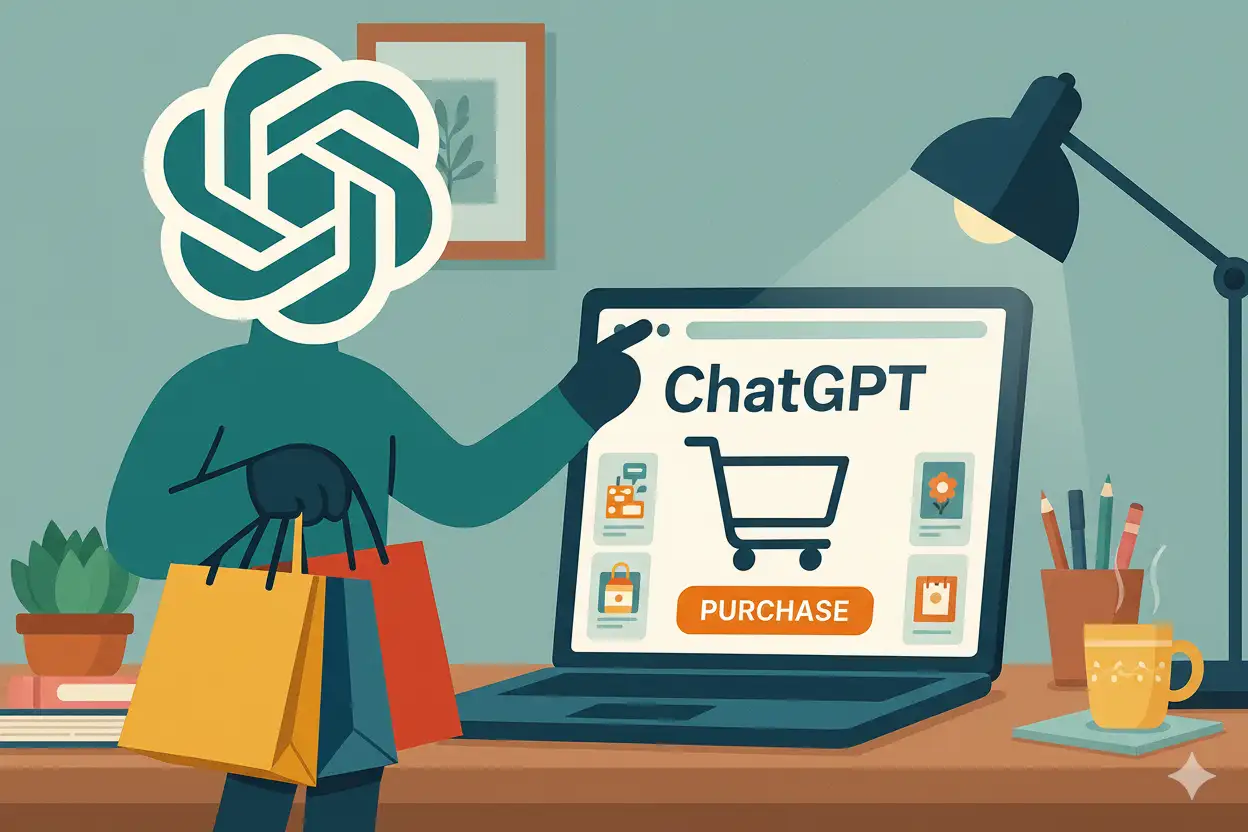
Instant Checkout: How it works in practice
New Shopping Feature in ChatGPT – Instant Checkout – has one overarching goal: to simplify the purchasing process as much as possible. Traditionally, the customer journey consisted of searching for a product, navigating to the store's website, adding to cart, registering or logging in, selecting payment, and finalizing the order. Each additional step increased the risk of cart abandonment. In the model proposed by OpenAI, this path becomes significantly shorter – a single chat conversation leads from inspiration to purchase confirmation.
User Experience Layer
For the user, the process is incredibly simple. Simply enter a question, e.g. "I need a gift up to PLN 100"ChatGPT shows a list of recommendations based on organic results – meaning those that are intended to be independent of sponsorship. If a given product supports Instant Checkout, the option to purchase appears directly in the conversation. Selection and confirmation of the order occur without navigating to an external website.
Payment and authorization in the background
While from the buyer's perspective, it's just a click of the "Buy" button, an advanced process takes place behind the scenes. Instead of transmitting card details, a so-called Shared Payment Token (SPT) Developed in partnership with Stripe, this is a one-time, limited payment token assigned to a specific seller and amount. This makes the transaction quick and secure – the user confirms the purchase in chat, and the seller receives only enough information to fulfill the order.
Seller as merchant of record
What is important, the role of the online store remains unchangedThe seller is responsible for the entire order process: collecting payment, settling taxes, preparing shipping, and handling any returns and complaints. ChatGPT doesn't "take over" the transaction; rather, it acts as a digital advisor and cashier, guiding the customer by the hand and facilitating the purchase process.
This makes the user experience more seamless, while allowing stores to maintain control over their sales process. This combination of simplicity for the customer and security for the merchant means that Instant Checkout has the potential to rapidly gain popularity and truly transform the e-commerce landscape.

Standards and Integrations: ACP, Payment Tokenization and the Role of the PSP
For chat shopping to work safely and predictably, common rules are needed. That's why we created Agentic Commerce Protocol (ACP) – an open standard that describes how the agent (e.g., ChatGPT), the merchant, and the payment system should communicate with each other. This means that integration doesn't require rebuilding the entire store – just provide the current product feed, support basic order and confirmation APIs, and implement compatible payment mechanisms.
A key role is played here payment tokenizationInstead of transmitting card details, ChatGPT uses the so-called Shared Payment Token (SPT) – a one-time, limited token provided by, for example, Stripe. The token allows for payment only within a specific scope (merchant, amount), significantly reducing the risk of fraud and improving security.
The last element is payment service providers (PSP)They are implementing the "delegated payments" standard, allowing stores to use Instant Checkout without having to switch providers. Stripe is the first major provider to support the new model, but the specification is open and other players can join.
In practice, this means that e-commerce companies do not need to invest in complex redesigns – they simply need to adapt product data and integrate with an existing payment system that supports ACP and tokenization.
Business Benefits: What Companies and Customers Gain
ChatGPT's new shopping feature isn't just a technological novelty; its significance is best demonstrated by its practical benefits for merchants and consumers. Conversational commerce transforms the way customers interact with stores, shortening the purchasing journey and opening up new sales opportunities.
Shorter path to purchase and higher conversion
The greatest asset Instant Checkout is the elimination of unnecessary steps. Customers don't have to go through a multi-step registration process or fill out forms – they simply select a product and confirm their purchase via chat. Fewer clicks mean a lower risk of cart abandonment, which translates into a real increase in sales.
A new channel for reaching customers
By integrating shopping into chat, companies benefit additional sales site – a place where customers already spend time looking for inspiration and recommendations. ChatGPT acts as a virtual advisor, answering user questions and offering product suggestions in a natural conversation. This can be particularly helpful for brands that want to be visible early in the purchasing process, before customers reach traditional search engines.
Consistent service and control
Even though the transaction is finalized in the chat, the seller remains merchant of recordThey collect payments, settle taxes, arrange shipping, and accept returns. This allows them to maintain control over the process and the customer relationship. ChatGPT is merely an "interface" that facilitates the transaction, not a middleman cutting off the store from the buyer.
Secure payments and greater trust
The payment tokenization mechanism provides users with a sense of security – card data is not transferred directly to the merchant or ChatGPT. Stores, on the other hand, use technologies supported by major payment platforms like Stripe. The transparency of this model could, in the long run, increase customer confidence in online shopping.
Examples of practical applications
• A consumer looking for a last-minute gift can complete their purchase in less than a minute, without clicking through pages.
• A small B2B company buying office supplies can reorder faster by having an agent place orders via chat.
• The online store can reach customers who would not have previously found its website, because the decision will be made during the conversation with ChatGPT.
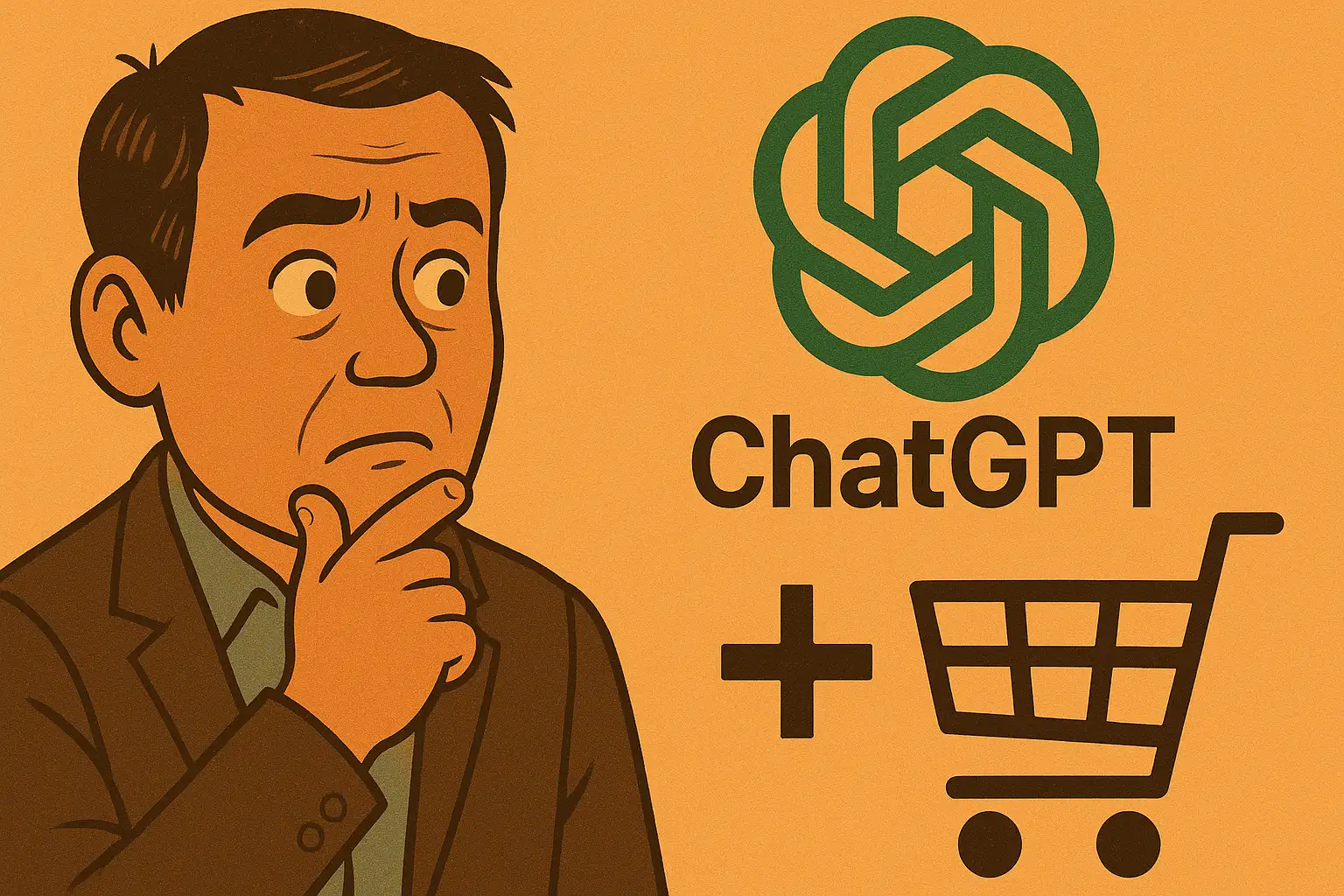
Limitations and risks (as of today)
While conversational commerce sounds like a natural development for e-commerce, it's worth considering it through the lens of current limitations and challenges. This allows companies to realistically assess whether and when entering this channel makes sense for them.
Geographic coverage and availability
At the start the function Instant Checkout It's available only in the United States and is available to select sellers, primarily from the Etsy platform. Shopify integration has been announced, but no specific dates have been announced for expanding the service to other regions. For most businesses outside the US, this means a wait before they can take advantage of the new features.
Limited shopping cart functionality
The current version supports the purchase of a single product in a single transaction. The lack of multi-item shopping cart support limits the available scenarios, especially in B2B commerce or retail purchases requiring sets or larger quantities. A multi-item checkout feature is planned but not yet available.
Data privacy and transparency
ChatGPT ensures that product rankings remain organic and not sponsored. However, in practice, questions arise about how the algorithm assesses "relevance" and what customer data is processed in the background. Companies must consider regulatory compliance (e.g., GDPR) and accountability for storing and processing transaction data.
Dependence on the ecosystem and partners
Stores embracing conversational commerce become somewhat dependent on technology providers—OpenAI as the chat provider and payment partners like Stripe. This means less control over the sales channel, commissions, and long-term partnerships. This is especially important to assess in the context of margins, costs, and customer relationships.
To sum up, Instant Checkout It has enormous potential, but is currently in its infancy. Geographical limitations, lack of full shopping cart functionality, privacy concerns, and reliance on large vendors make it an area for many companies to monitor and pilot, rather than immediate mass adoption.
AIO Instead of SEO? What Does Artificial Intelligence Optimization Mean?
For years, online sales have been a key element SEO – content optimization for search engines. However, the emergence of shopping on ChatGPT shows that it is starting to play an increasingly important role AIO (Artificial Intelligence Optimization)It's a new way of thinking about product visibility, where the goal isn't so much search engine rankings, but understandability and completeness of product data for AI models.
In practice, this means that companies must pay more attention to the quality of their product feed, detailed descriptions, availability, and current prices. ChatGPT does not display sponsored links—it relies on the relevance and quality of information. Therefore, the way the data is prepared can determine whether a product is even included in recommendations.
As Rafał Brzoska, president of InPost, aptly noted:
"This isn't the future anymore—it's happening now. OpenAI is currently transforming ChatGPT into a full-fledged e-commerce interface."
This shift means that optimizing for AI algorithms is becoming as crucial as existing SEO efforts. For many companies, it's the first sign that it's worth preparing for an era in which conversation will become the new arena for competition for customer attention.
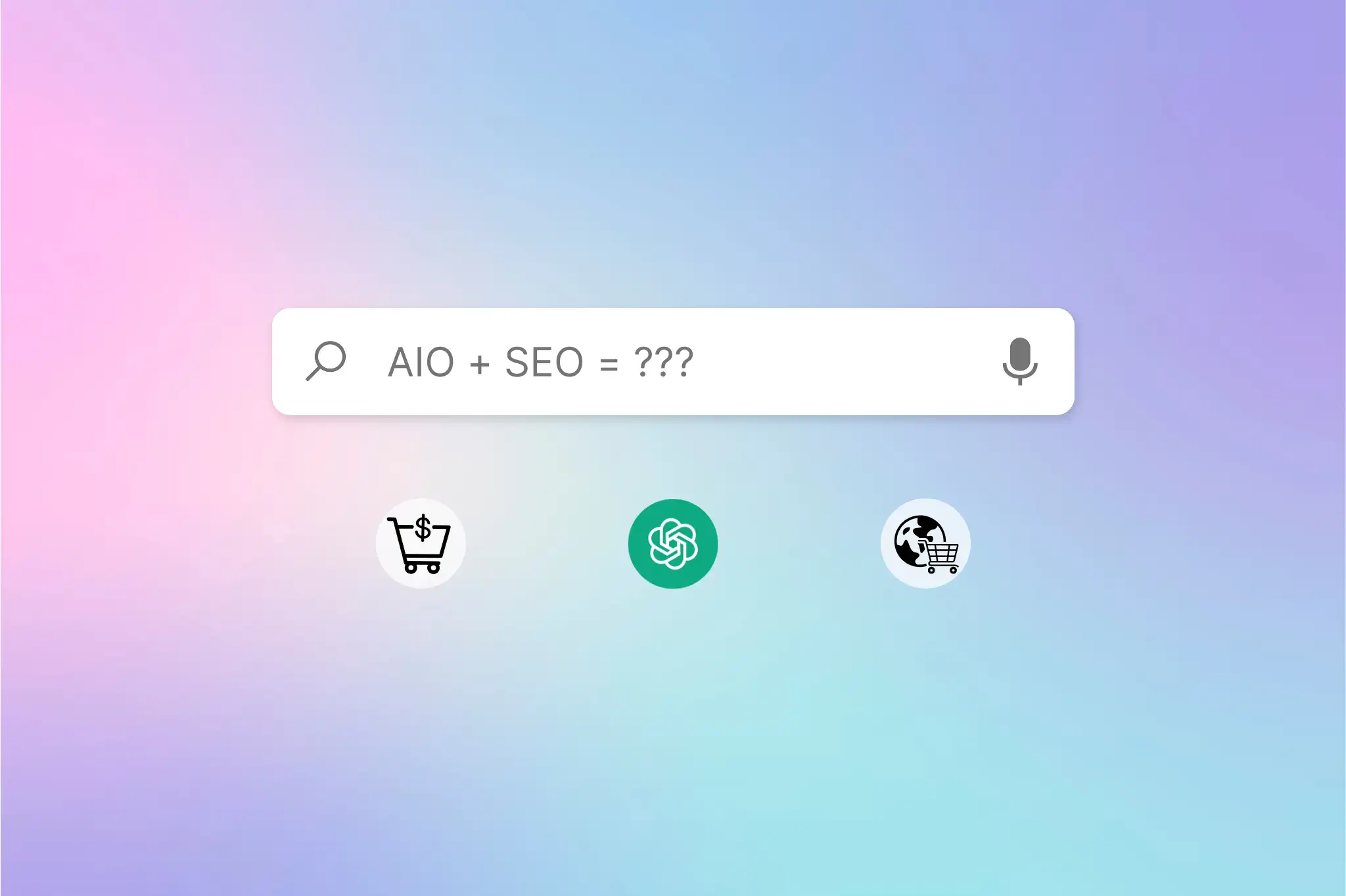
ChatGPT Product Recommendations: Neutrality and Decision Influence
One of the key elements of the new feature is the way ChatGPT presents products to the user. OpenAI emphasizes that the recommendations are organic, meaning they don't result from paid advertising campaigns. This distinguishes ChatGPT from traditional search engines or e-commerce platforms, where sponsored results often dominate natural suggestions.
How the ranking works
The order in which products are displayed is based on several criteria:
• relevance to the query,
• quality of product data (description, availability, price),
• seller's credibility,
• factors that improve user experience, e.g. Instant Checkout support.
Why Neutrality Matters
Users expect the chatbot to act as an advisor, not a salesperson "on commission." ChatGPT's declared neutrality builds trust – recommendations are reliable and tailored to needs, not the store's advertising budget.
Influence on purchasing decisions
Many decisions are made in conversation – a customer can ask for a product comparison, inquire about specifications, or inquire about availability. Natural language shortens the path from inquiry to purchase and makes it easier to a recommendation often becomes the first and last point of contact with a productFor companies, this means ensuring consistent and comprehensive product information is essential – as it determines whether an offer even makes it into ChatGPT's suggestions.
As a result, ChatGPT acts as an "intelligent shopping advisor" whose recommendations can have a direct impact on which products are chosen and which remain invisible.
Frequently asked questions
Does ChatGPT sell products on behalf of the store?
Is ChatGPT's product ranking sponsored?
Can I use my current payment provider?
How are user payment details protected?
Can I buy multiple products at once?
Does this mean the end of SEO?
When will the ChatGPT shopping feature be available in Poland?
Are there any additional fees for customers using Instant Checkout?
Shopping on ChatGPT is a milestone in the development of conversational commerce. Thanks to the feature Instant Checkout A user can navigate the entire journey—from inspiration to payment—in a single conversation. Behind the scenes, an open standard operates. ACP, payment tokenization and integrations with providers like Stripe, ensuring security and simplicity for customers and leaving sellers with full control over orders.
Currently, the solution has its limitations – it only works in the US, supports single products, and is in the early stages of development. However, the potential is enormous: a shorter purchasing journey, new sales channels, neutral product recommendations, and the advent of AIO, where the quality of product data becomes the key to visibility in the world artificial intelligence.
This is not yet a global standard, but a clear signal that online commerce is entering a new phase – in which conversation becomes a search engine, an advisor, and a cash register at the same time.

